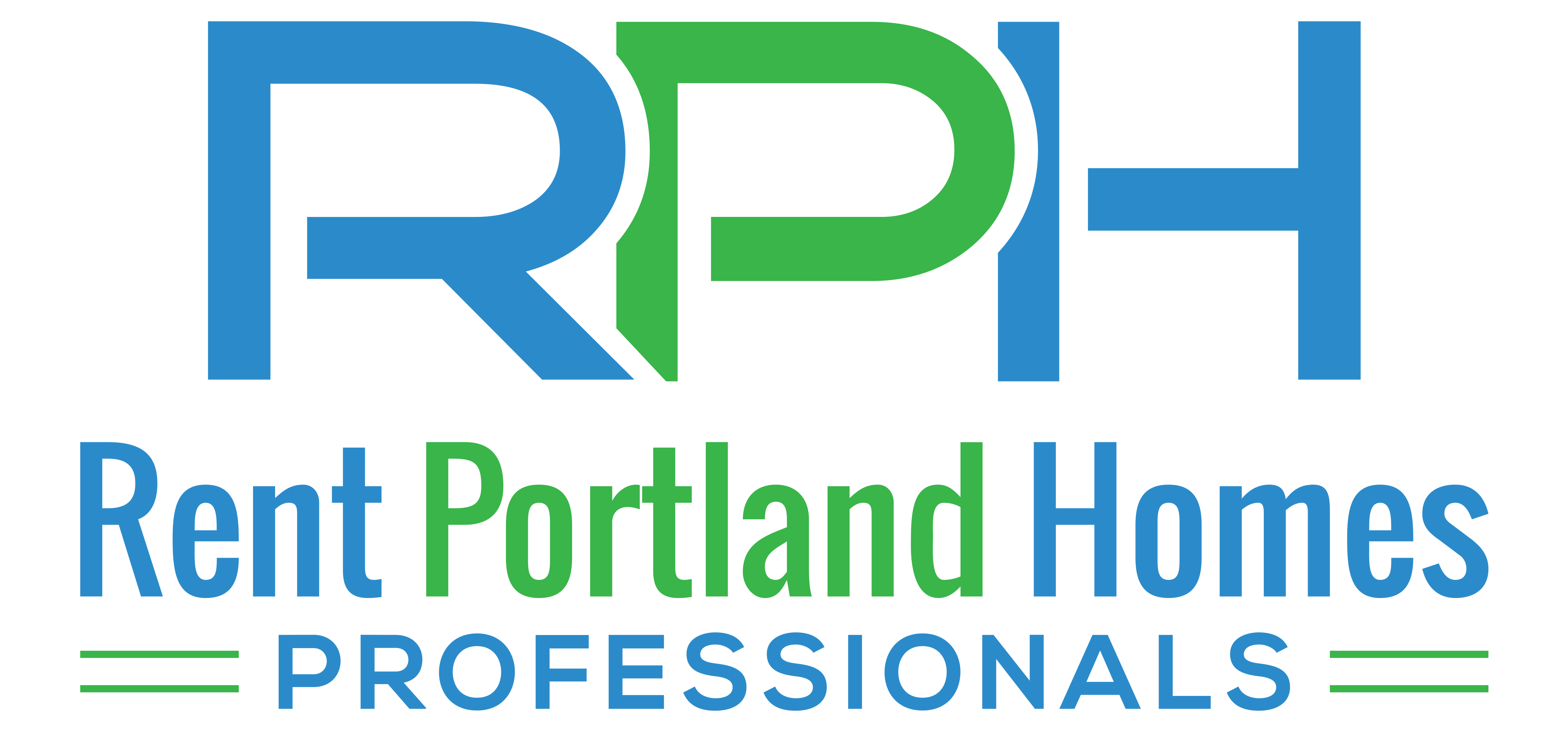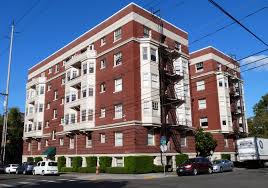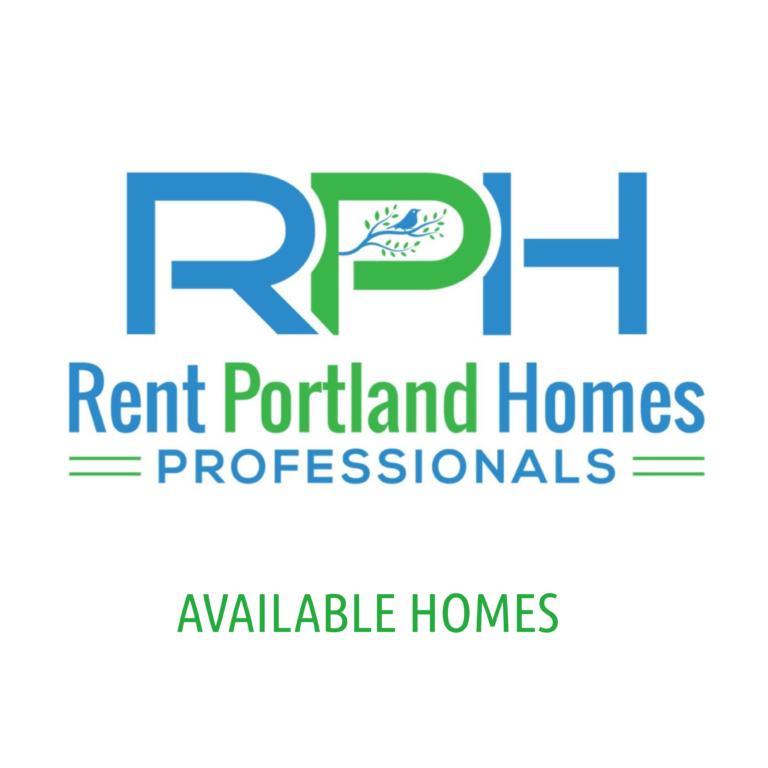What Are The Top Landlord Legal Responsibilities In Oregon?

Owning rental properties are great because they generate passive income and enable you to build wealth but they also come with a responsibility to know the landlord-tenant laws for the State of Oregon.
In this article, we will break down some of the top landlord legal responsibilities in Oregon that landlords must know.
Top Landlord Legal Responsibilities In Oregon
#1 – You Have To Comply With All Anti-Discrimination Laws In Oregon
One of the most common problems that many landlords face in Oregon and other states is when they own rental property is that they think they control the rental property and have the right to choose who they plan on renting their property to.
Yes, you absolutely can screen tenants but, you have to make sure that you do your best to always follows anti-discrimination laws when screening and selecting tenants because failure to follow the laws may result in possible discrimination complaints and anti-discrimination lawsuits.
The federal Fair Housing Act of 1968, as amended (42 U.S. Code § § 3601-3619 and 3631). There are a few exemptions to federal anti discrimination rules, including owner-occupied buildings with four or fewer units, and single-family houses, as long as the owner owns no more than three rental houses at a time.
State law in Oregon also prohibits discrimination based on a person’s sexual orientation, gender identity, or income.
The HUD website provides extensive details on fair housing laws. Be sure to also check with your state fair housing agency for additional laws prohibiting discrimination or limiting landlord exemptions.
#2 – Follow State Landlord-Tenant Laws
As long as you’re committed to owning rental properties in Oregon, another thing that you have to do is know the state landlord-tenant laws.
Over the last year, many of the state laws have changed, especially when it comes to rent increases.
Every landlord who wants to continue earning long-term income from their rental property must know the landlord legal responsibilities and make sure that they study the state laws regarding rental properties and know what they can and cannot do.
#3 – Understand Security Deposit And Return Rules
In the property management world, especially in the state of Oregon, security deposits are typically one of the most contentious issues that landlords and tenants deal with.
Landlords want to utilize the security deposit to cover damages to the rental property after their tenant moves out while the tenant wants to get back their entire security deposit when they vacate the rental property.
Failing to understand the rules regarding security deposit and returns will only lead to contention between landlords and tenants plus possible lawsuits along the way.
Besides understanding landlord legal responsibilities regarding security deposits and returns, landlords should know that they have 31 days after their tenant moves out to return the remaining balance, or all of the security deposit back to their tenants.
If a landlord uses a portion of the security deposit to cover repairs to the rental property, they should notify their former tenant in an itemized letter which breaks down all of the money that was spent repairing damages to the property after the tenant moves out.
So far, we’ve provided you with a synopsis of some of the legal responsibilities that landlords face in 2020.
Besides the information that we’ve covered, some of the other legal responsibilities that landlords have included providing habitable housing to their tenants, preparing a legal written lease or rental agreement, providing their tenants with legally required disclosures, respecting the tenants right to privacy and more.
Contact Rent Portland Homes Professionals
Owning a rental property in Portland can be a lot of work but, when you hire a property management company to manage that rental property for you, you could take a lot of that stress off your shoulders and simplify owning rental properties once again.
To learn more about landlord legal responsibilities, or to learn more about the property management services that we can offer you, contact us today by calling (503) 447-7735 or click here to connect with us online.









